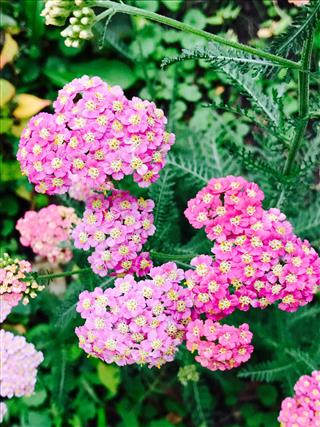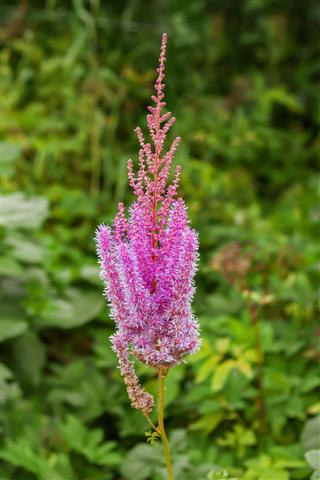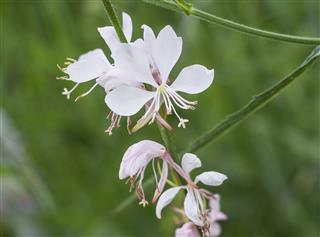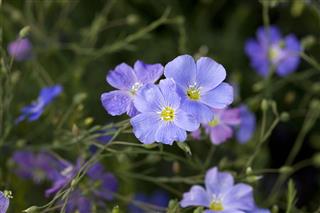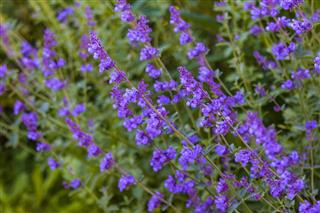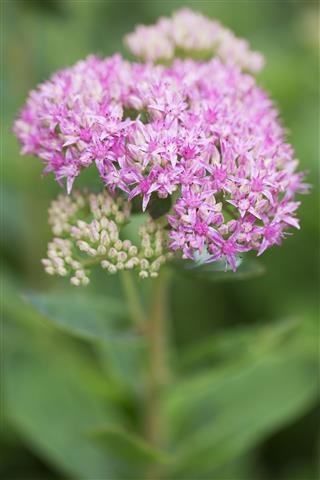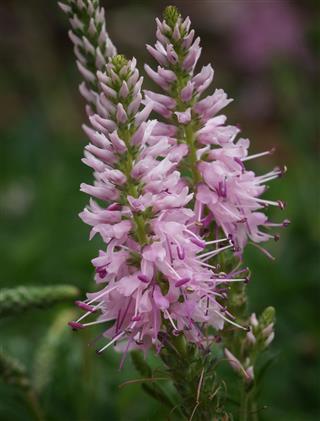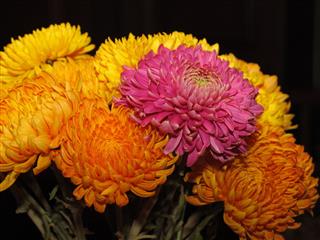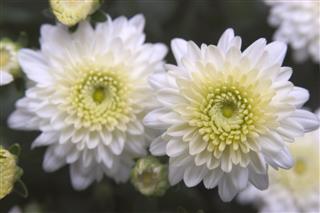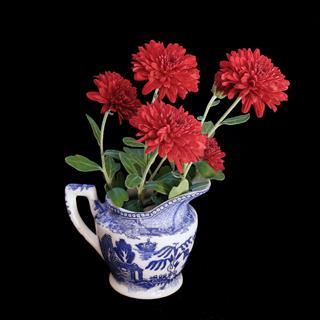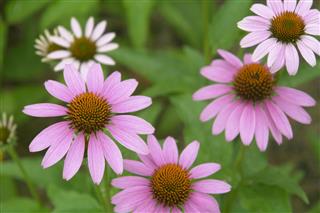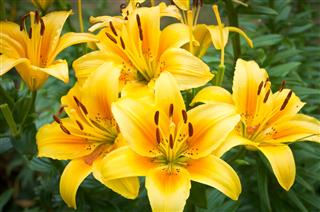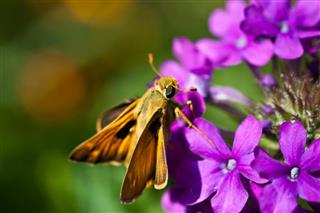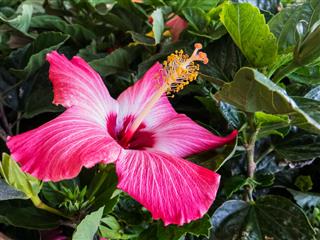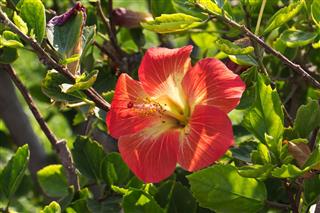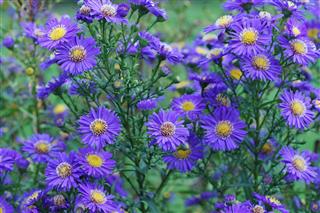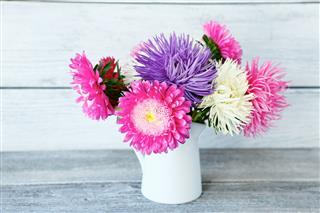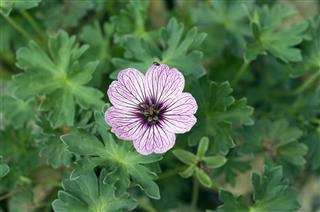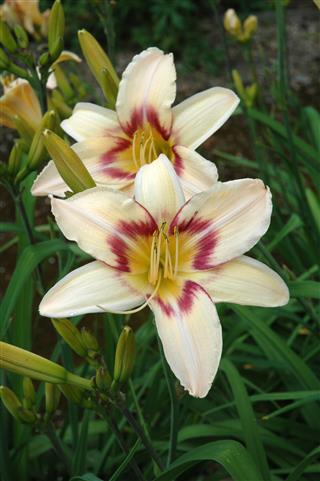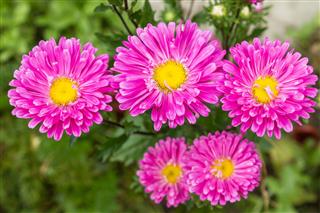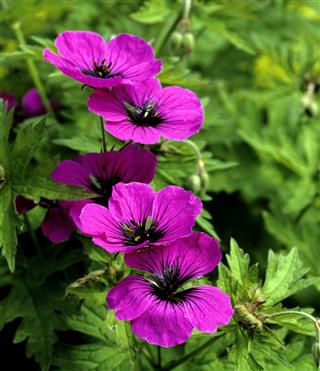
Flowering plants can brighten up your yard during the hot summer days. Using perennial flowers that bloom all summer can help you plan the landscaping of your garden, giving it enough color and charm. The tips below shall guide you!
Perennial flowers are more or less like shrubs and bushes in their growth habit. Like shrubs, they offer permanent greenery in the garden for several years; only thing is that along with foliage, you get to enjoy lovely blooms. The advantage of planting perennials is they don’t need to be uprooted even after the blooming period is over, which is the case with seasonal and annual flowers. Thus, many hobbyists prefer including them in their gardens.
In case you don’t have enough time for gardening and nurturing plants, perennial flowers are the ideal choice. Perennials are often selected for large gardens. Based on the variety you have planted, they will bloom for a specific season every year. Hence, if you consider the mode of flowering, they resemble annuals. With so much variation in size, color, shape, and pattern, you can find many blooming perennial flowers well-suited for your landscape design.
Common Perennials That Bloom in Summer
Red Valerian

The red valerian (Centranthus ruber) is very famous for its ornamental flowers. It blooms for a longer duration in cooler climatic conditions. It is a widely grown ornamental subshrub, best adapted in USDA zones 3 – 9. You can plant stem cuttings of valerian in dry soil. Flower buds start developing in early spring and continue to bloom throughout summer. Irrespective of the individual flowers being as tiny as 2 cm, the inflorescence is huge and looks spectacular. You will usually see purplish-red flowers, with occasional blooms of white and lavender. The plant is also called Jupiter’s beard and spur valerian.
Black-eyed Susan

The inflorescence type for black-eyed susan (Rudbeckia hirta) plants is the head or the capitulum. The center of the flower is distinct black, surrounded by yellow colored, petal-like florets. It is best grown in USDA zones 3 – 9 and prefers well-drained soil. The bloom period is for 3 months and you can extend it by deadheading faded blooms. The plant is also called golden Jerusalem, Poorland daisy, and yellow daisy.
Pincushion Flower

Generally native to Asia and Europe, delicate pincushion flowers (Scabiosa) are available in creamy white and lavender-blue colors. They are abundant with nectar, thus inviting honey bees, butterflies, and many other moths. USDA zones 3 – 9 are ideal for growing pincushion flowers. Required growing conditions are full sunlight, average rich soil, and regular watering.
Coneflowers
Commonly called Coneflowers, this genus is known by the name Echinacea (derived from Greek echino meaning sea urchin). It blooms for 2 – 3 months, usually from early to late summer. Its amazing color serves as an excellent addition to any garden. Apart from flamboyant blooms, the plant is extremely drought-tolerant. It grows best in a well-drained soil, and areas that receive full sunlight. This genus is endemic to central and eastern North America.
Plantain Lilies

Native to northeast Asia, plantain lilies (hostas) bloom all summer and are extremely shade-tolerant. Propagated by means of stolons and rhizomes, the hosta plant is herbaceous in habit and grows well in USDA zones 3 – 9. Some hostas have variegated leaves, thus increasing the aesthetic value of a landscape. The flowers are found in white, lavender, and blue shades. Also, the plants are edible by humans.
Daylily

Daylilies (Hemerocallis) are one of the most sought-after perennial flowers that bloom in summer. The color and shape of a flower from one species varies significantly from other species of the same genus. Besides variety, another plus point for growing the daylily plant is its adaptability in a wide range of growing conditions. Tolerant to heat and sunlight, it can be planted in zones 1 – 11. You can opt for white, yellow, pink, red, lavender, or greenish daylilies.
List of Perennials That Bloom in Summer



















Before you consider planting any of these perennial flowers, consider the growing conditions prevalent in your yard. Analyze sunlight exposure, soil type, and water drainage. Select varieties that match the expected height, flower color, and blooming time. Happy Gardening!

